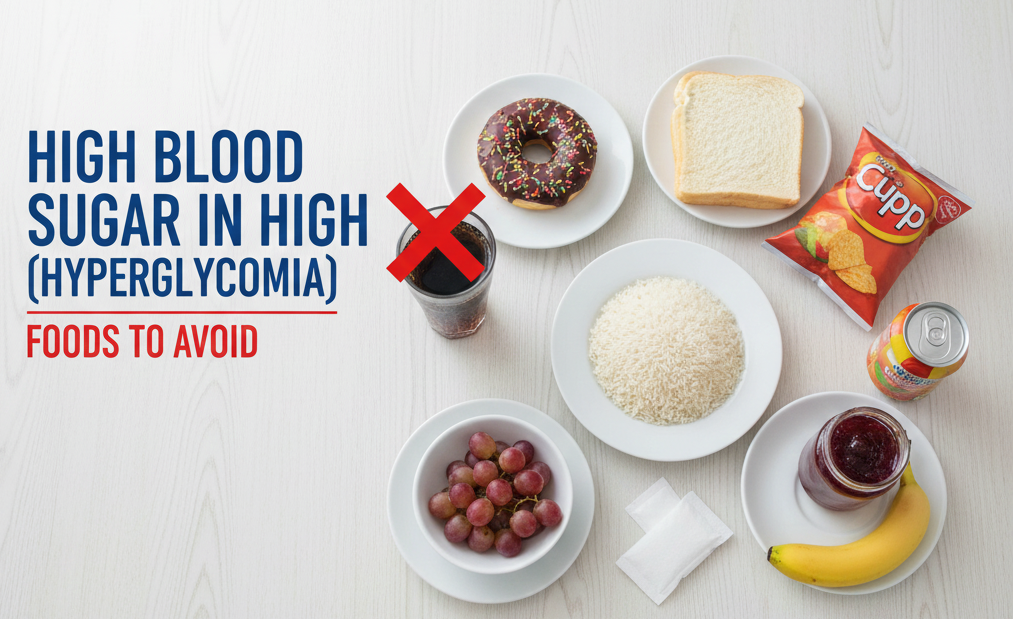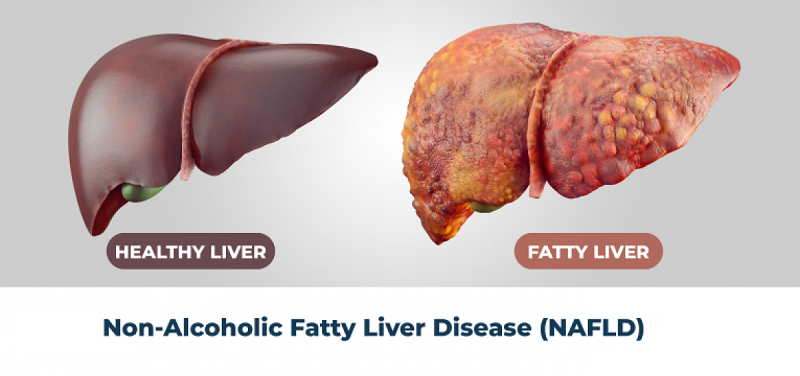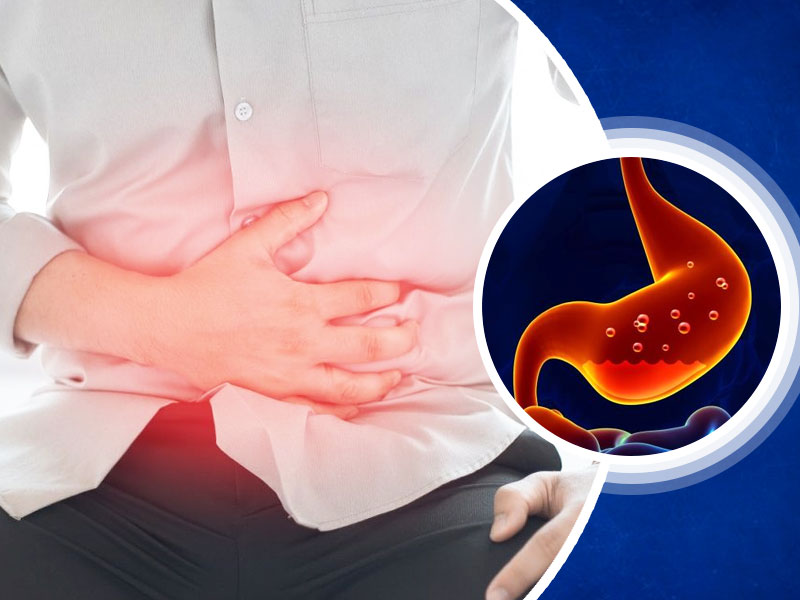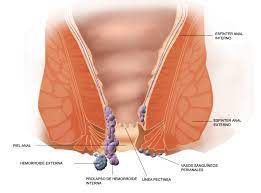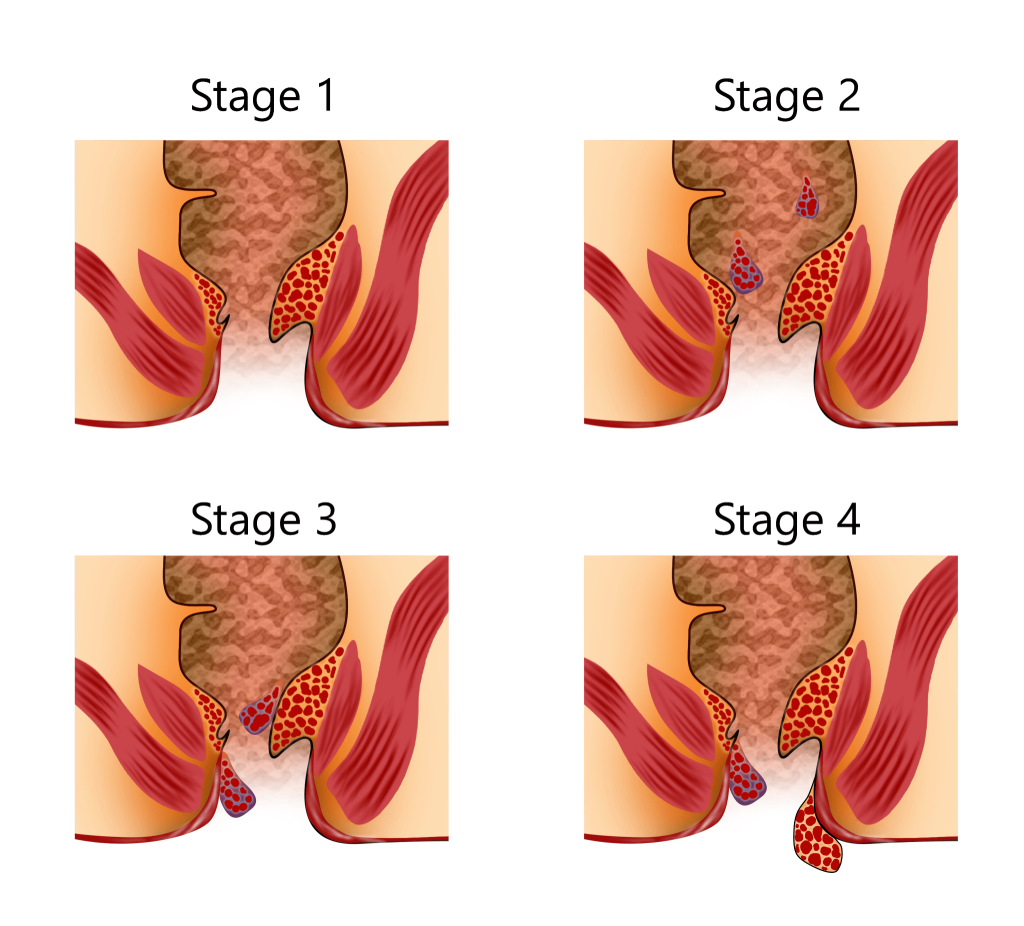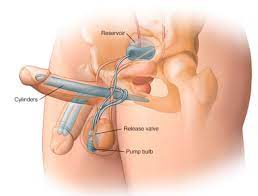Food to be avoided in PCOD
Foods to Avoid for Better Management
Polycystic Ovary Syndrome (PCOS) and Polycystic Ovarian Disorder (PCOD) are common endocrine disorders affecting millions of women worldwide. While there is no cure for these conditions, managing symptoms through lifestyle changes, including diet, can significantly improve quality of life. Among these changes, avoiding certain foods can play a crucial role in alleviating symptoms and promoting hormonal balance.
1. **Refined Carbohydrates**: Foods high in refined carbohydrates, such as white bread, pasta, sugary snacks, and baked goods, can cause rapid spikes in blood sugar levels, leading to increased insulin production. This can exacerbate insulin resistance, a hallmark of PCOS. Opt for whole grains like brown rice, quinoa, and oats, which have a lower glycemic index and promote steady blood sugar levels.
2. **Sugary Beverages**: Sweetened beverages like soda, fruit juices, energy drinks, and flavored coffee drinks are laden with added sugars that can disrupt insulin sensitivity and promote weight gain. Instead, hydrate with water, herbal teas, or unsweetened beverages to avoid unnecessary sugar intake.
3. **High Glycemic Index Foods**: Foods with a high glycemic index (GI) can cause rapid spikes in blood sugar levels. These include white rice, potatoes, and processed cereals. Choosing low GI alternatives such as sweet potatoes, legumes, and non-starchy vegetables can help stabilize blood sugar levels and improve insulin sensitivity.
4. **Trans Fats**: Trans fats, often found in fried foods, processed snacks, and commercially baked goods, have been linked to inflammation and insulin resistance, both of which are associated with PCOS. Opt for healthier fats like olive oil, avocado, and nuts, which can support hormone balance and reduce inflammation.
5. **Dairy Products**: Some women with PCOS may be sensitive to dairy products due to their high levels of insulin-like growth factor 1 (IGF-1) and hormones. If dairy exacerbates your symptoms, consider reducing or eliminating dairy from your diet and opting for dairy alternatives like almond milk, coconut yogurt, or soy-based products.
6. **Excessive Caffeine**: While moderate caffeine intake is generally safe for most individuals, excessive consumption can disrupt hormone balance and exacerbate symptoms of PCOS. Limit your intake of caffeinated beverages like coffee, tea, and energy drinks, especially if you experience sensitivity to caffeine.
7. **Processed and Red Meats**: Processed meats like bacon, sausage, and deli meats often contain additives and preservatives that can contribute to inflammation and insulin resistance. Red meats, especially those high in saturated fats, should also be consumed in moderation. Choose lean protein sources such as poultry, fish, tofu, and legumes for healthier options.
8. **Alcohol**: Alcohol can disrupt hormone balance, impair liver function, and contribute to weight gain, all of which can exacerbate symptoms of PCOS. Limit your alcohol intake and opt for non-alcoholic beverages or mocktails when socializing.
In conclusion, while there is no one-size-fits-all diet for PCOS/PCOD management, avoiding certain foods can help alleviate symptoms and promote hormonal balance. By prioritizing whole, nutrient-dense foods and minimizing consumption of processed and inflammatory foods, women with PCOS can take proactive steps towards better health and well-being. However, it's essential to consult with a healthcare provider or a registered dietitian for personalized dietary recommendations tailored to individual needs and goals.

